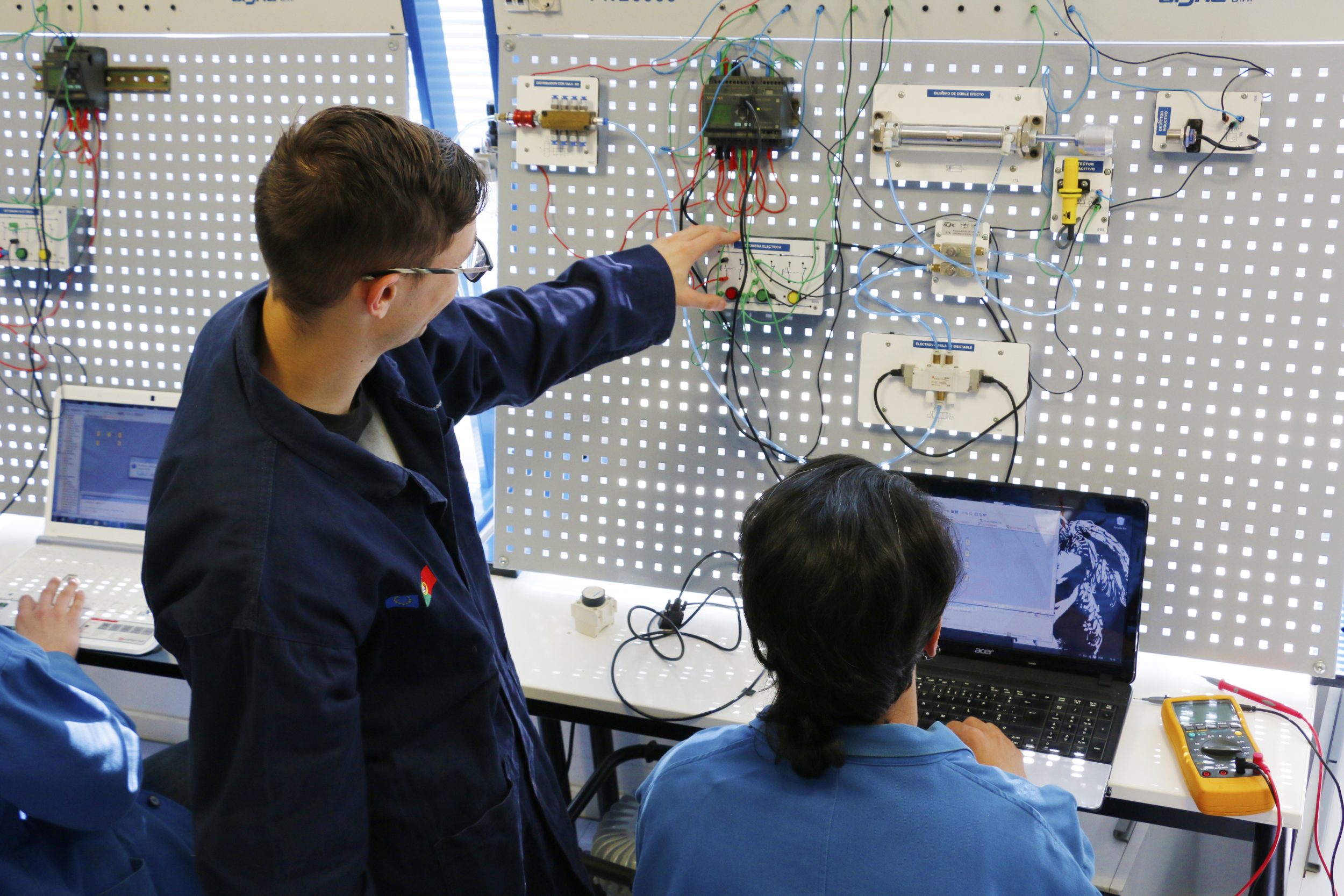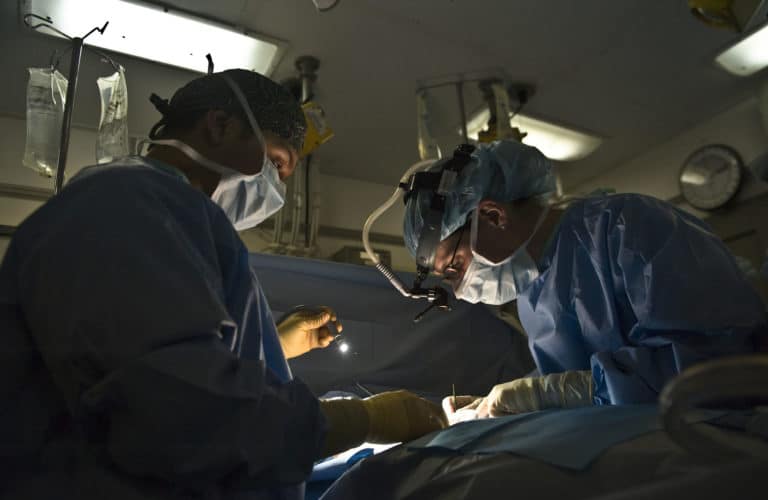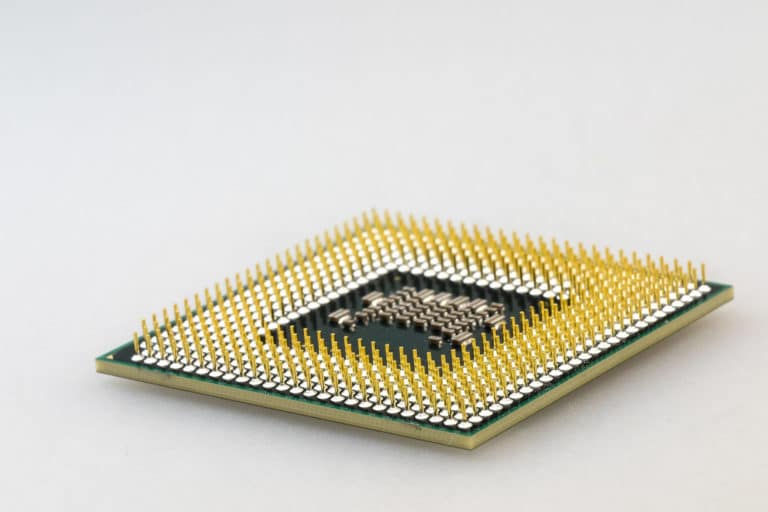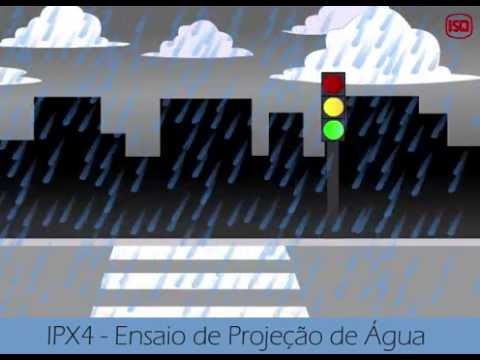WE ARE TRAINING AND SKILLING FOR… FLYING!
In Europe, as well as worldwide, the aeronautical sector is linked to the idea of technological innovation, high strategic interest for economy and employment, not only for the techno logical innovations and real assets that it generates, but most of all because of the “business wave” that boosts the other orbital sectors, with great impact in local employment, in the regions in each country, including in the circular economy.
All across Europe, whether it is France, Italy or Portugal, we witness the same phenomenon: the construction of the Embraer factories in our country, an investment of 177 million Euros, was undoubtedly an important milestone which was able to elevate Portugal to the international aeronautical market and, at the same time, to the space sector. Several small and medium sized enterprises redirected their focus towards the international aeronautical and space sector. There are good employment opportunities in several regions in the country together with companies that became technologically innovative and very competitive, with excellence levels in the most diverse areas: from quality control and tests, materials and composites, air quality – in which ISQ operates internationally –, to eco-design, leather and wadding, aircraft maintenance, product development and manufacturing, aero dynamical structures, among others. The Portuguese aeronautical and space cluster already integrates the big challenges of the sector: “less weight, better performance and more efficiency to reduce costs and pollution”, having participated and led highly innovative support solutions for the great worldwide evolutions in the industry and services. The cluster companies need highly specialized technicians, from level 3 to 7 of the European Board of Qualifications, oriented to companies’ specific areas of intervention and needs. The aeronautical and space sectors require “innovative and specialised talents”, that greatly overcome the competences of the traditional aeronautical technician or aeronautical or space engineer. It is estimated that, in the following years, air traffic will have an average annual increase of 4.7%, therefore requiring aircraft manufacturers to produce 29,220 new aircrafts, more modern and comfortable, more efficient and reliable and less pollutant. It is an increasing opportunity of innovation, specialized business and employment in several areas of expertise, including in Portugal.
In two studies released in the beginning of 2016 by the Centre of European Studies for the Training (Cedefop) and by the University of Antwerp it was concluded that:
- There is a big gap between the competence supply and the competence demand. There is a serious gap of necessary competences to satisfy the necessities of the employer companies, competences that are not created by the educational and training institutions despite of the high level of unemployment existent in Europe. With effect, more than 38% of the companies don’t find available the necessary technical competences, this number being even higher in the aeronautical sector, around 58%;
- There are more than 2.6 million jobs in Europe that are linked to aeronautics, it is predicted that it will increase up to 3 million (distributed between companies linked to production, airports, aviation and maintenance), which requires a permanent update of competences, including in the area of mechanics and mechatronics, composites and materials, metrology, testings, as well as quality control. We’re talking about advanced specialized training.
- Beyond the key-competences that lack in the areas of maintenance, materials, tests and quality control, safety, “green competences: environmental and circular economy”, there are still transversal core-competences that are not developed nor provided by the educational institutions, with negative impacts both in the selection and hiring process, and in the career evolution, namely problem solving, capacity to work on multidisciplinary teams, entrepreneurship and innovation.
Portugal took its first steps in aeronautical sector, mostly in level-4 initial training, carried out by IEFP. There is still good quality higher education programmes, mainly in mechanical engineering.
If we want to grow and be innovative, with global training offers adjusted to an European and international cluster that needs global competences, we need European reference good practices and training solutions, sustained by practical and hands-on training facilities, with modern equipment. In France, there are 16 qualification standards for the aeronautical sector and a strong investment in continuous training, in partnership with territory development companies and entities.
ISQ’S ANSWERS AS A TRAINING PLAYER OF THE SECTOR
ISQ has invested in continuous training, in the advanced training in niche areas based on companies and regions surveyed needs aiming at capacity building and certification, when necessary. Good examples are the many workshops in aeronautical maintenance, mechanical movement of cargo, Scorecard specific for the sector, among others. In addition to training courses and R&D projects with our clients and partners, representatives of the sector (Embraer, OGMA, PEMAS, AED, Alma Design, Ana Aeroportos, Gestair, INAC, AFAP, etc.), ISQ has also collaborated in IEFP’s capacitation strategy, namely in the standardisation and modernisation of the training spaces dedicated to aeronautics, aiming a greater multifunctionality, efficiency and “just in time” adaptation capacity to the emergent market needs. In Portugal, we need to further support the renowned growth of this sector, namely creating a solid, innovative and sustainable workforce, in a close partnership with the companies’ needs, under a dialogue with the sector’s stakeholders, in a regional and international prospective scenario. This dialogue on employment is one of the axis of Corporate Social Responsability and Sustainable Growth: the public and private training centres, manufacturing companies and service providers, authorities and Research Centres should have a close cooperation and collaboration, and the aeronautical sector represents an excellent opportunity to unite forces, influence and interest mechanisms, towards growth, towards the sky and the space! We need to invest in training and qualifications in order to overcome competence and talent gaps in the youth and adults that work or intend to work in this sector. This investment should be implemented at a national level with regional emphasis, associated with national, international and sectorial certifications, in accordance with the European line of growth and the growth targets for each country. Obviously, this should follow the same line and the strategical priorities for training and employment defined in the Convention of Riga and in the emergency plans, safety, autoprotection measures, emergency exercises European Declaration: “New priorities for welding and bonding technologies, non-the cooperation in training and education: destructive testing, metrology materials and composite materials technology, or in methodologies such as the Balanced ISQ’s international work experience European strategy 2020”.
ISQ’s international work experience for the aeronautical and space Sectors contributed to realise the lack of skills common to both sectors with no defined limits. In fact, training for the aeronautics surely creates competences for the space sector, which nowadays and in a near future will integrate part of the telecommunication sector, including quality control, testing, interoperability, etc., sector in which ISQ has strong competences and is also an International Telecommunication Union (ITU) European Centre of Excellence. We believe that if we work together and in a concerted manner for this Aeronautical and Space cluster with national and regional authorities, including management teams of public funding development framework programmes we can provide better training, better qualification for better performance and… Fly!







